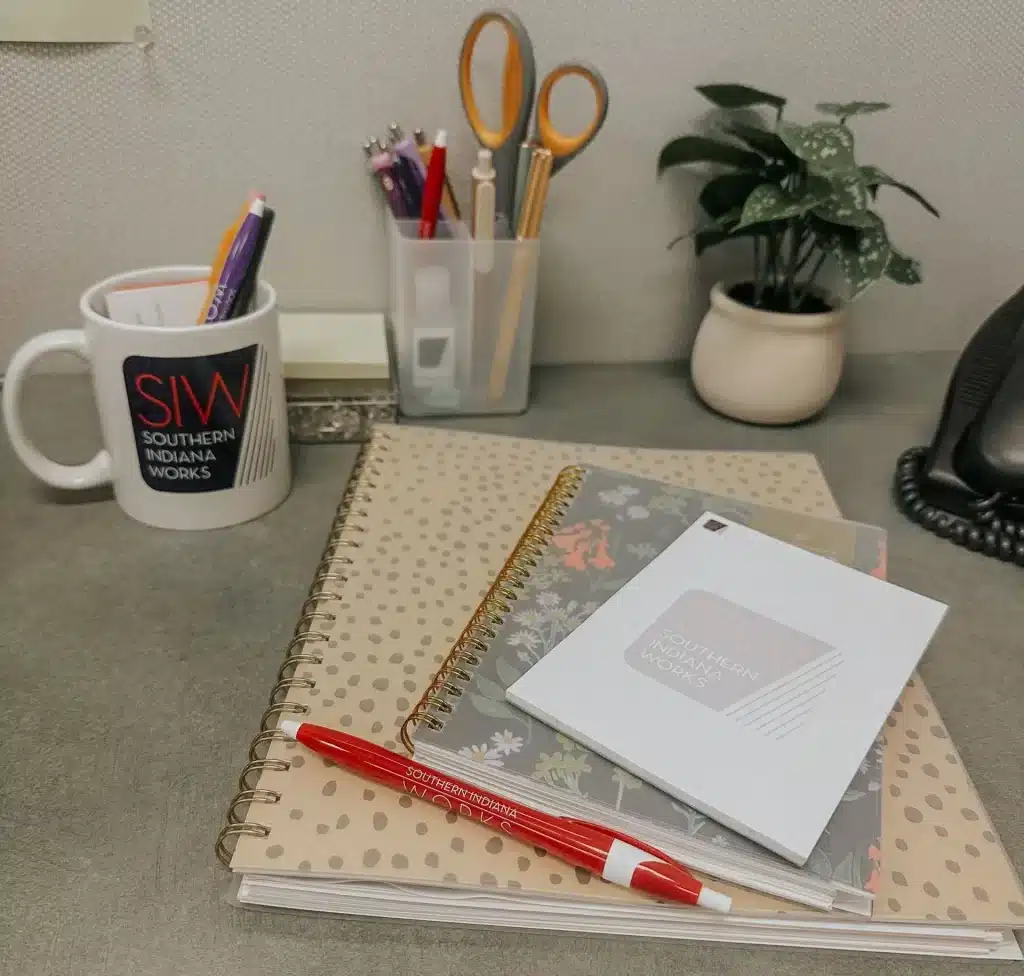Organization Is Key!
Planners are essential tools for achieving success because they bring order and organization to our daily lives. In today’s fast-paced world, we often have many things to juggle, from work tasks to personal commitments. A planner acts as a central hub where we can write down and prioritize all these things. It helps us stay focused, manage our time effectively, and keep track of our progress. By using a planner, we can reduce stress, make better decisions about how we spend our time, and ultimately accomplish our goals with greater confidence and success.
The first step is to choose the right planner. Select a planner that suits your needs and preferences. Consider factors like size, layout, and features such as goal-setting sections, habit trackers, or monthly/weekly views. Find a planner that resonates with your planning style. Digital planners are also an option.
When using your planner, it is important to set clear goals. Start by setting clear short-term and long-term goals. Break them down into smaller, actionable tasks. Write these tasks in your planner, and allocate specific dates or timeframes for their completion.
Assign priorities to tasks based on their importance and urgency. Use symbols, color-coding, or different sections of your planner to indicate priority levels. Have fun with it, if that is what is going to help you best. Focus on completing high-priority tasks first.
Develop a regular planning routine. Set aside a specific time each day or week to review and update your planner. This habit will help you stay organized and keep track of your progress.
Write down all tasks, appointments, deadlines, and commitments in your planner. This includes work-related tasks, personal errands, social events, and self-care activities. By having everything in one place, you’ll avoid forgetting or double-booking important events.
If a task seems overwhelming, break it down into smaller, more manageable sub-tasks. This approach makes it easier to tackle complex projects and provides a sense of progress as you check off smaller tasks.
When assigning timeframes to tasks, be realistic about how long each task will take. Avoid overloading your schedule, as it can lead to stress and incomplete tasks. Leave some buffer time for unexpected interruptions or delays.
Regularly review your planner to ensure your tasks and priorities are up to date. At the beginning or end of each day, take a few minutes to assess your progress, reschedule unfinished tasks, and adjust your plans if necessary.
If you are using a digital planner, make use of reminders and notifications provided by your planner or smartphone to alert you of upcoming deadlines, appointments, or important tasks. These reminders can help you stay on track and prevent important tasks from slipping from your mind.
While planning is crucial, it’s important to remain flexible. Unexpected events or changes may arise, requiring adjustments to your plans. Adaptability and the ability to revise your schedule will help you maintain balance and manage unexpected situations effectively.
Remember, the key to effective planner use is consistency and regular review. Find a system that works best for you, experiment with different techniques, and make adjustments along the way to optimize your productivity and organization.






